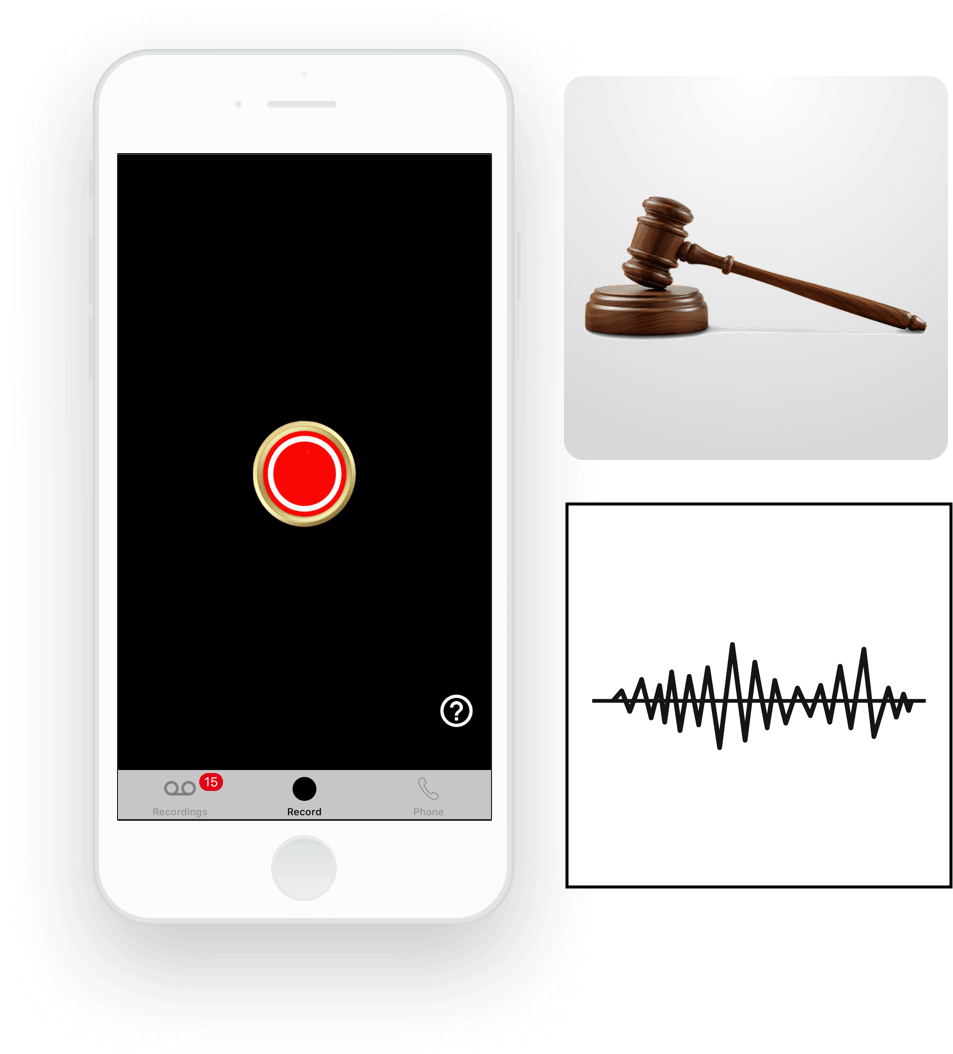Latest News
Ritesh Sinha v. State of Uttar Pradesh: Order to Give Voice Sample and Right to Privacy.

Facts
In Ritesh Sinha v. State of Uttar Pradesh, an FIR was filed alleging that Dhoom Singh in association with Ritesh Sinha (Appellant) was engaged in the collection of monies from different people on the promise of jobs in the police. Dhoom Singh was arrested and a Mobile was seized from him. The investigation authority wanted the voice sample to verify whether the recorded conversation in the mobile phone was between Dhoom Singh and Ritesh Sinha, for the same the investigation authority filed an application before the learned jurisdictional Chief Judicial Magistrate praying for summoning the appellant to the court for recording his voice sample. The CJM issued a summons to the appellant to appear and give a voice sample on 8th January 2010. The same order was challenged in HC which affirmed the order then the appellant filed an appeal in Supreme Court.
The principle questions which arose in this appeal were set out in the order of Justice Ranjana Desai and Justice Aftab Alam in following terms:
1). Whether Article 20(3) of Constitution, which protects a person accused of an offense from being compelled to be a witness against himself, extends to protect an accused from being compelled to give his voice samples during the course of investigation going on?
2). Assuming that there is no violation of Article 20(3) of the Constitution of India, whether in the abuse of any provision in the code, can a Magistrate authorize the investigation agency to record the voice sample of the person accused of an offense?”
In answering the first question the court referred State of Bombay v. Kathi Kalu Oghad where Justice B. P. Sinha stated that “It is well established that cl. (3) of Art. 20 is directed against self-incrimination by an accused person. Self- incrimination must mean conveying information based upon the personal knowledge of the person giving the information and cannot include merely the mechanical process of producing documents in court which may throw a light on any of the points in controversy, but which do not contain any statement of the accused based on his personal knowledge....”
However if the accused refuses to furnish such a voice, there is no legal sanction for compelling him to do so, and the use of force for that purpose would be illegal.
Regarding the second question the hon’ble Supreme Court viewed that:
- “What may appear to be legislative inaction to fill in the gaps in the statute could be on account of justified legislative concern and exercise of care and caution. However, when a yawning gap in the Statute, in the considered view of the court, calls for temporary patchwork of filling up to make the Statute effective and workable and to subserve societal interest a process of judicial interpretation would become inevitable.”
- “Until explicit provisions are engrafted in the Code of Criminal Procedure by Parliament, a judicial Magistrate must be conceded the power to order a person to give a sample of his voice for the purpose of investigation of a crime. Such power has to be conferred on a Magistrate by a process of judicial interpretation and in the exercise of jurisdiction vested in his Court under Article 142 of the Constitution of India.”
Hence, the Court conferred power on the Judicial Magistrate to order a person to give a sample of his voice for the purpose of investigation.
Document:



































































































